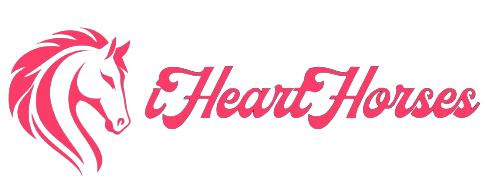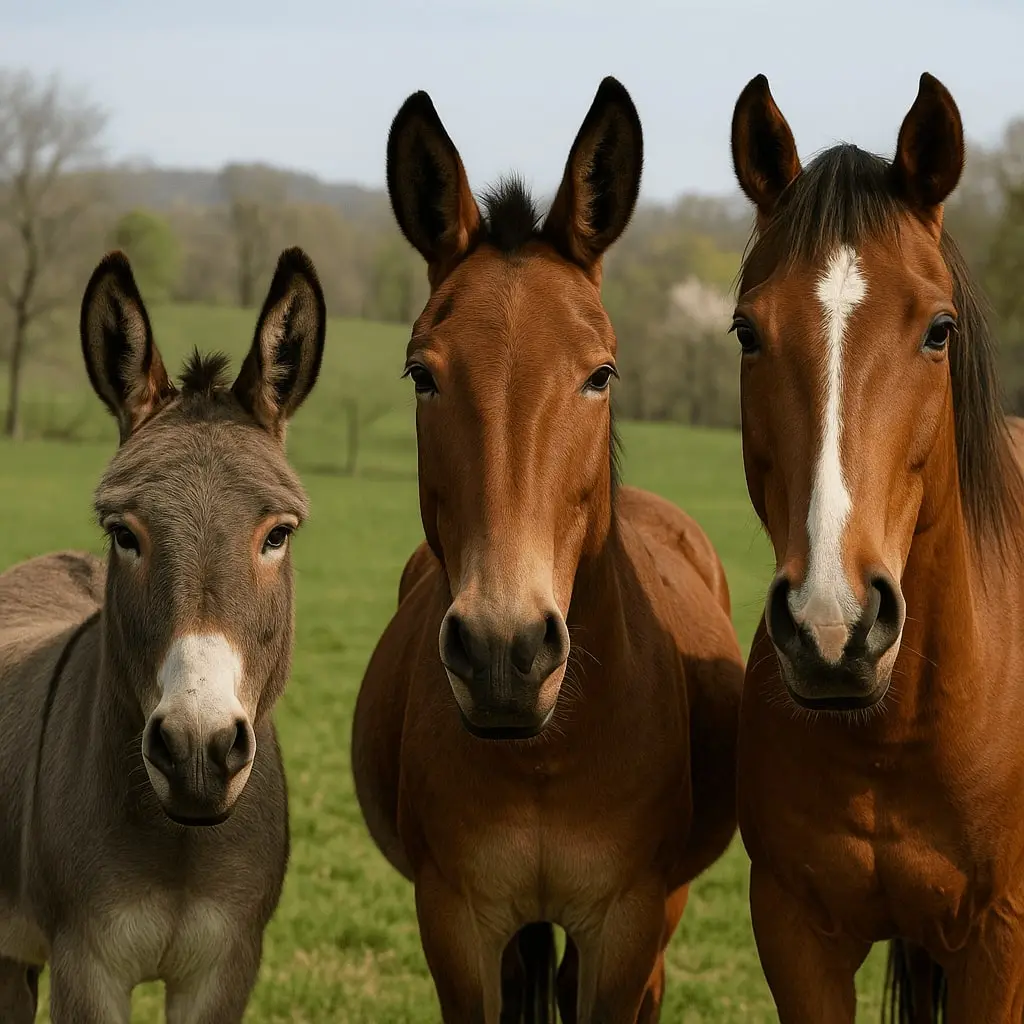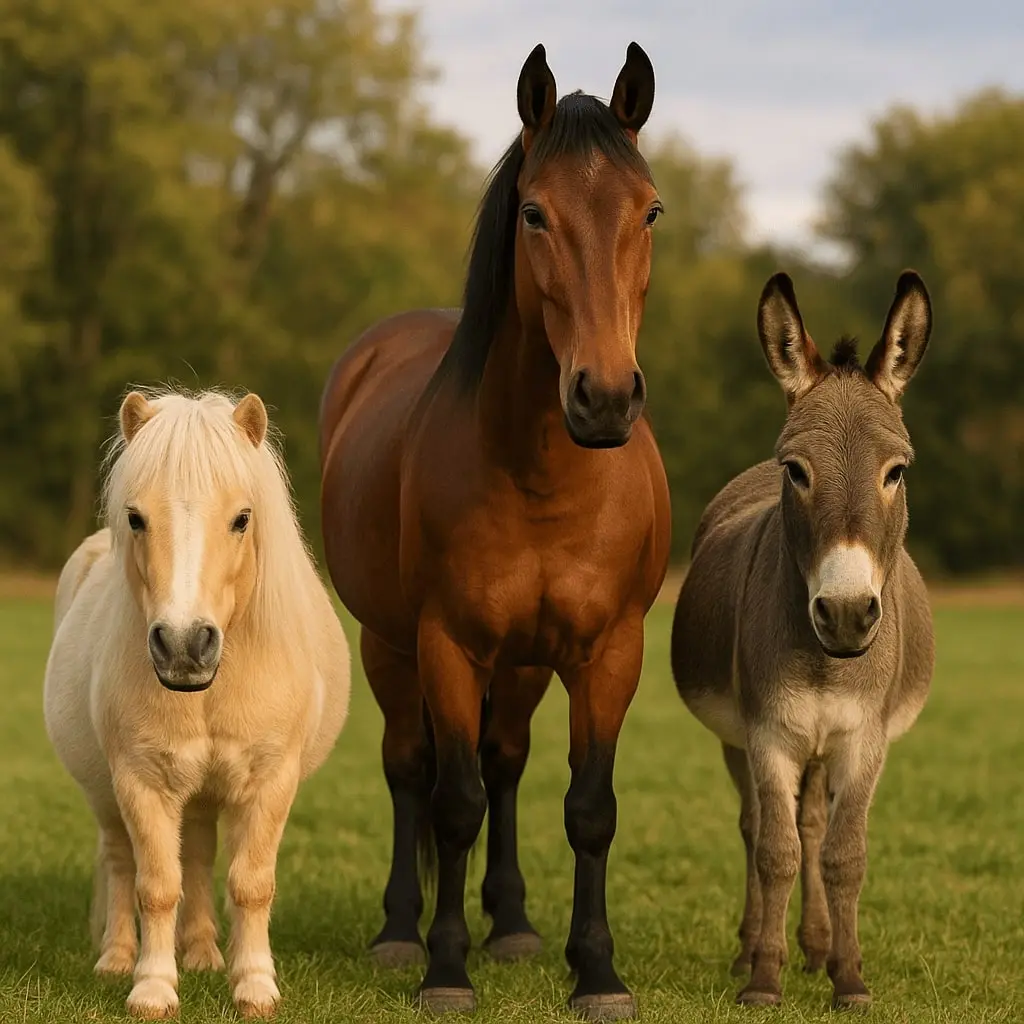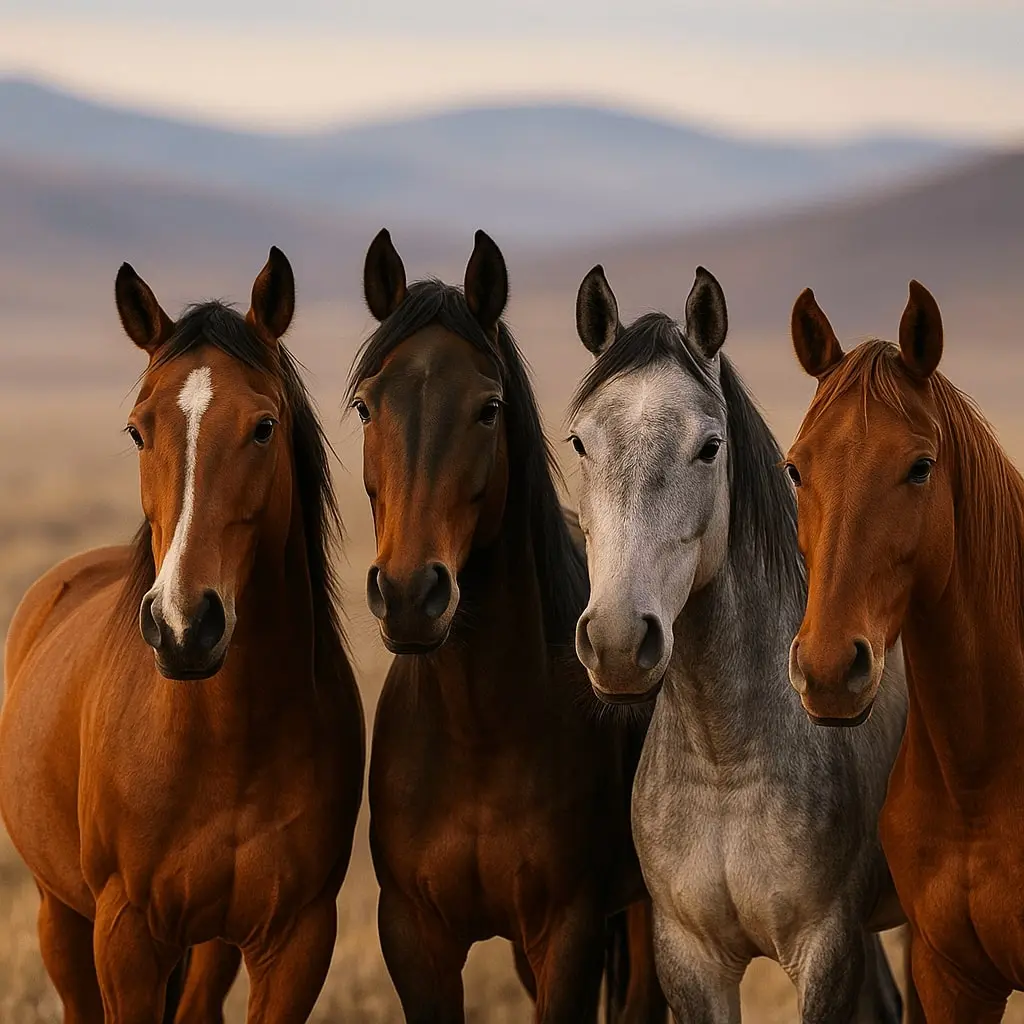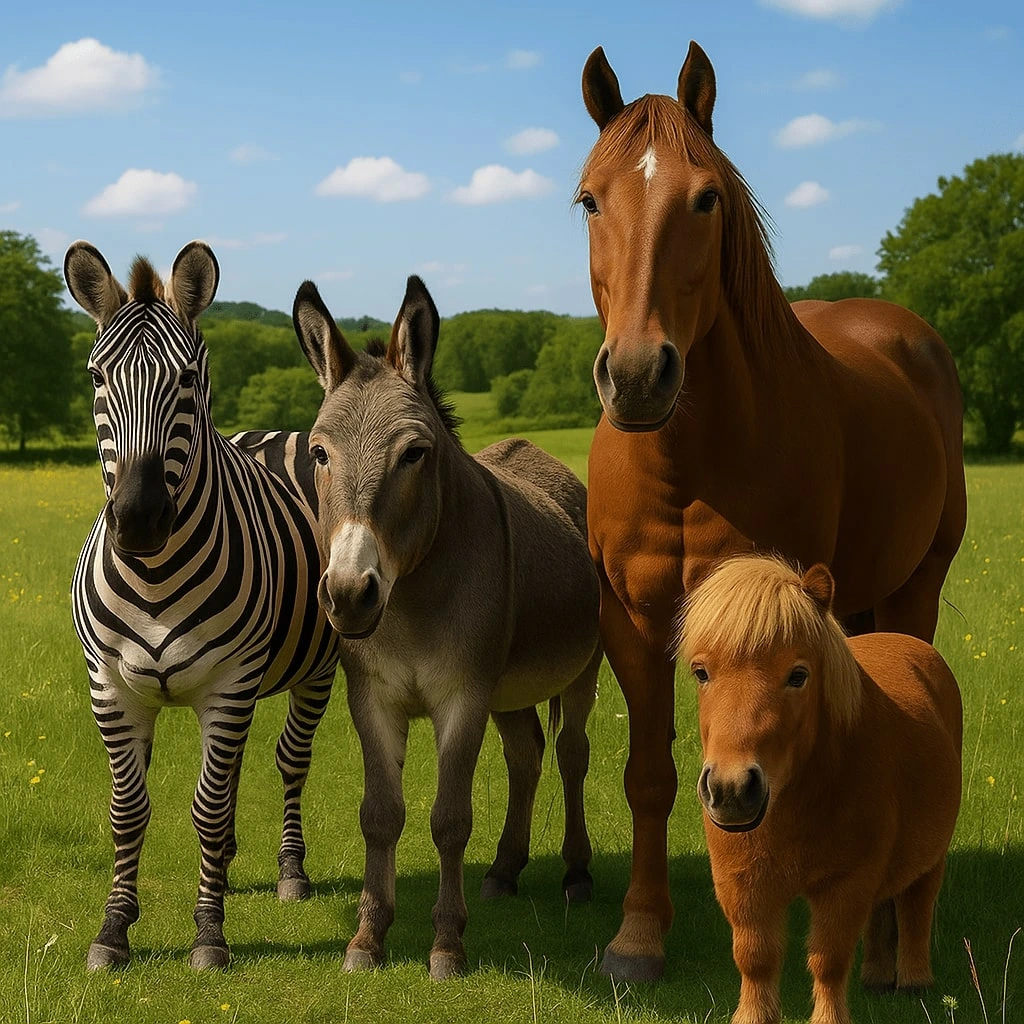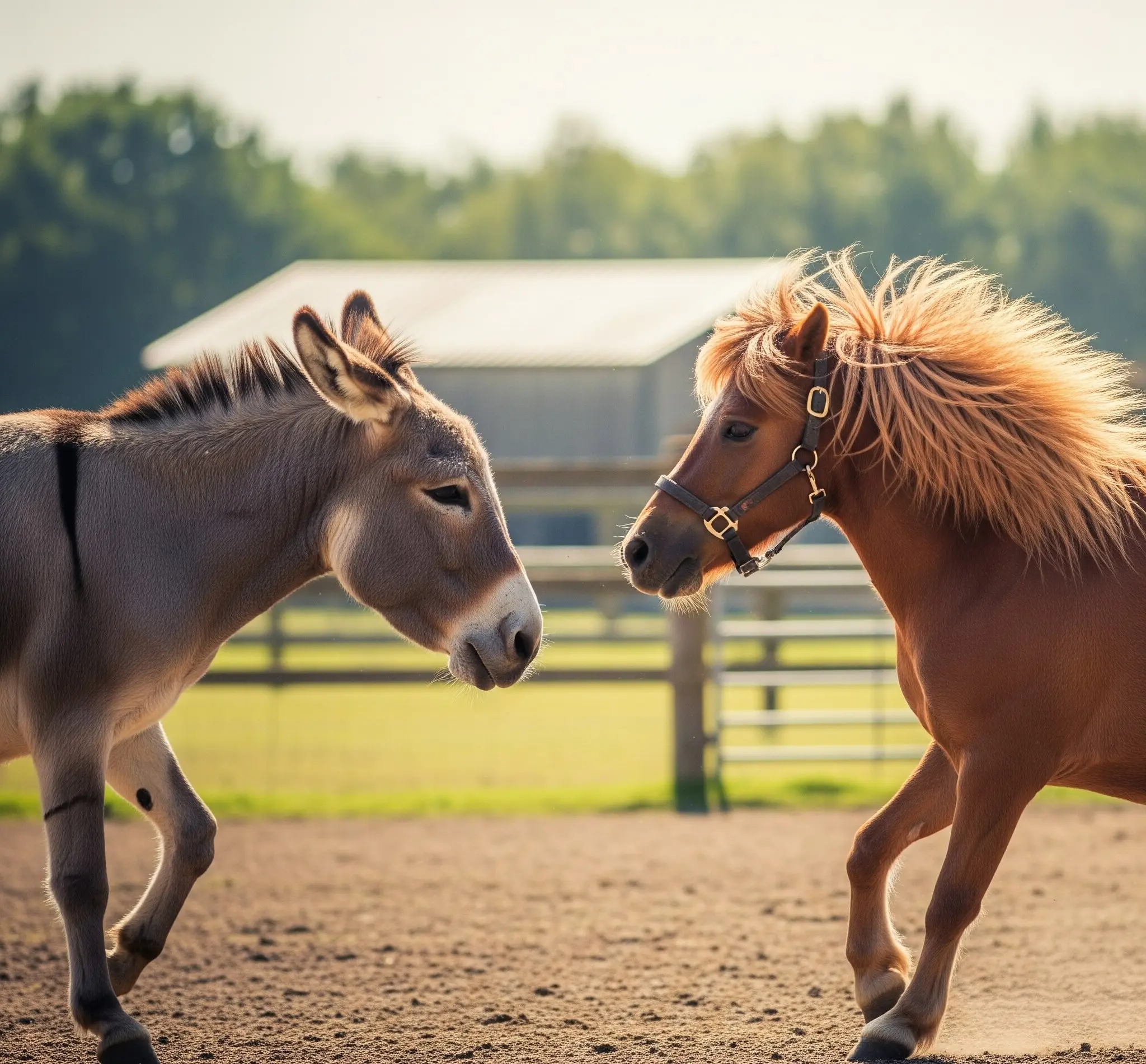When it comes to equines, many people often confuse it when it comes to donkey vs mule vs horse. While they share similarities, each has unique characteristics that set them apart. This guide will help you understand the differences between donkeys, mules, and horses in simple terms.
Donkey vs Mule vs Horse – Explained
Donkeys, mules, and horses are all part of the equine family. Despite their similarities, they have distinct differences in appearance, behavior, and usage. Understanding the differences between donkey vs mule vs horse is essential for anyone interested in these animals.
Origins and Breeding
Donkeys:
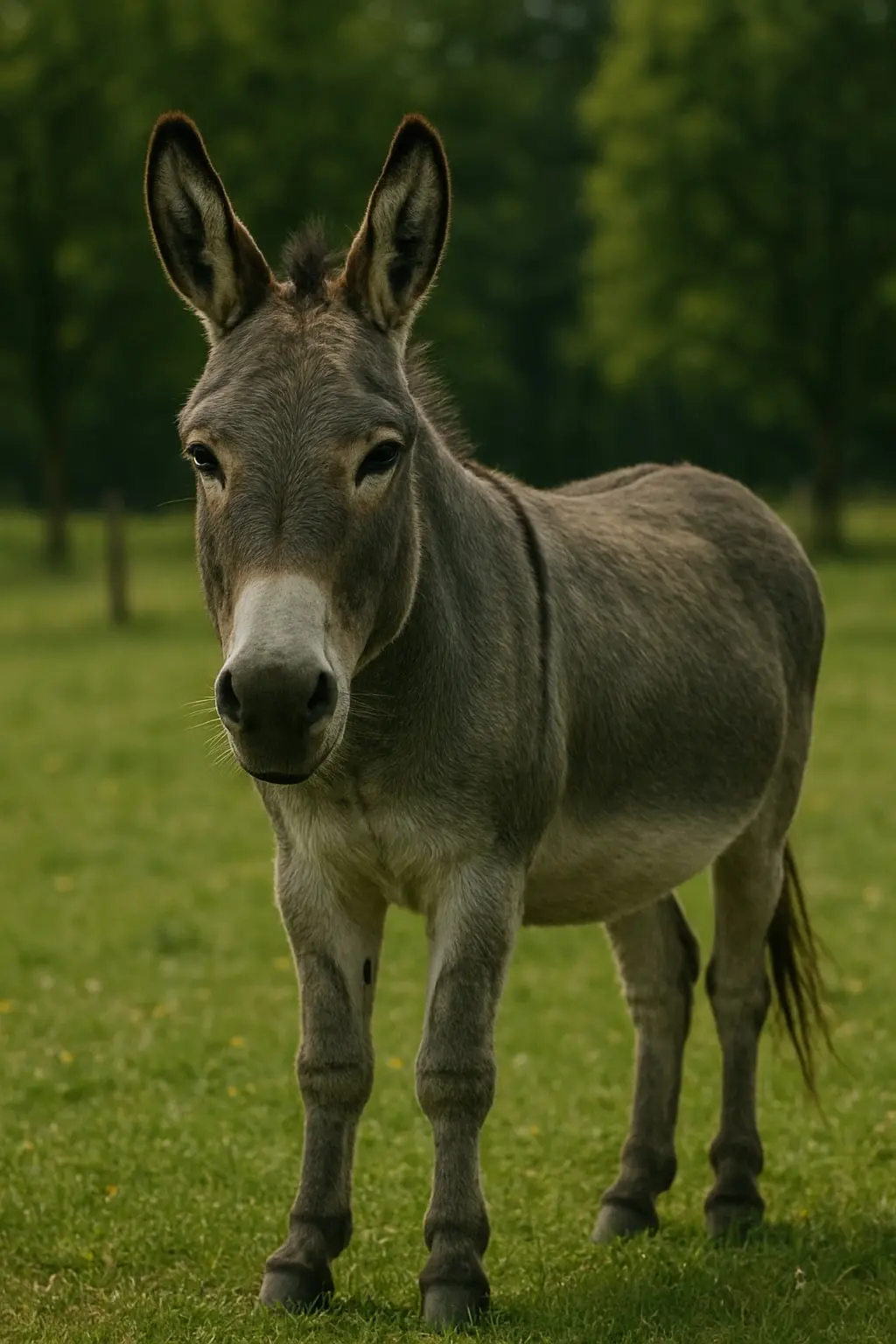
- Scientific Name: Equus africanus asinus
- Origin: Domesticated from the African wild ass
- Chromosomes: 62
Donkeys have been used as working animals for thousands of years, especially in arid regions due to their hardiness.
Horses:
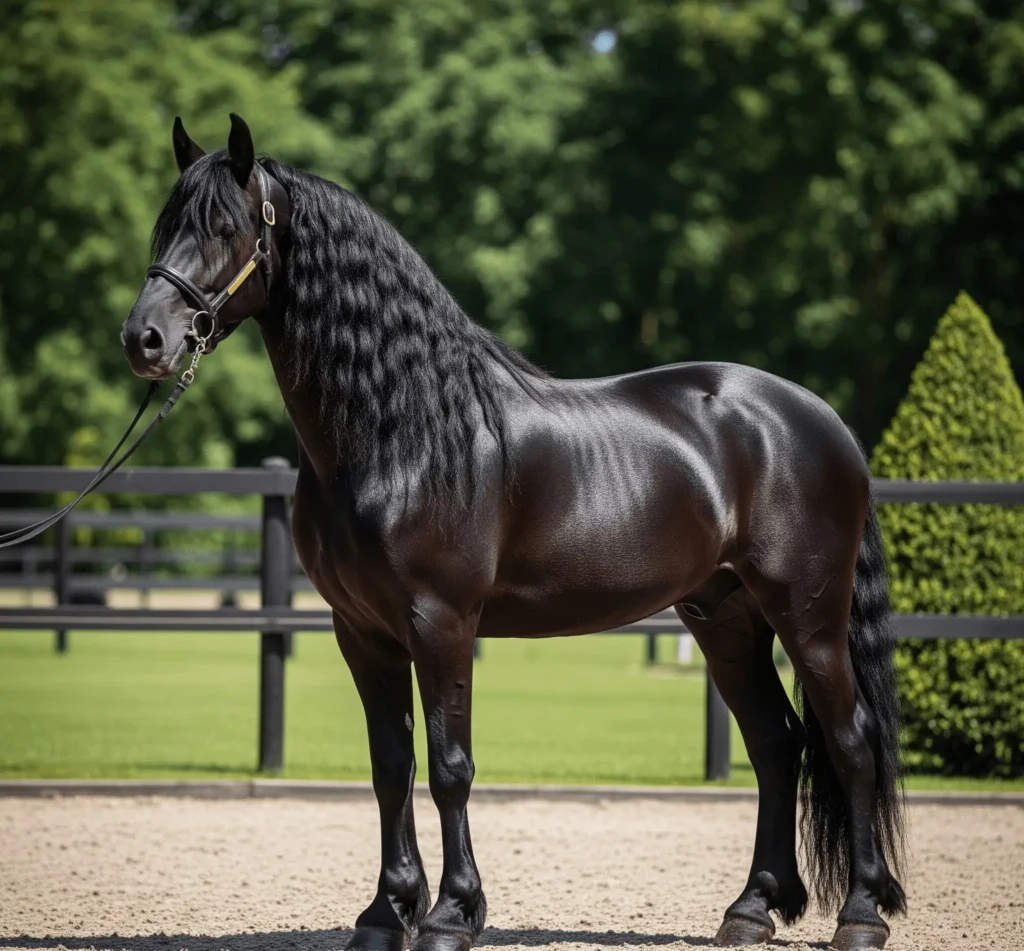
- Scientific Name: Equus ferus caballus
- Origin: Domesticated from wild horses in Central Asia
- Chromosomes: 64
Horses have been bred for various purposes, including transportation, agriculture, and sport.
Mules:
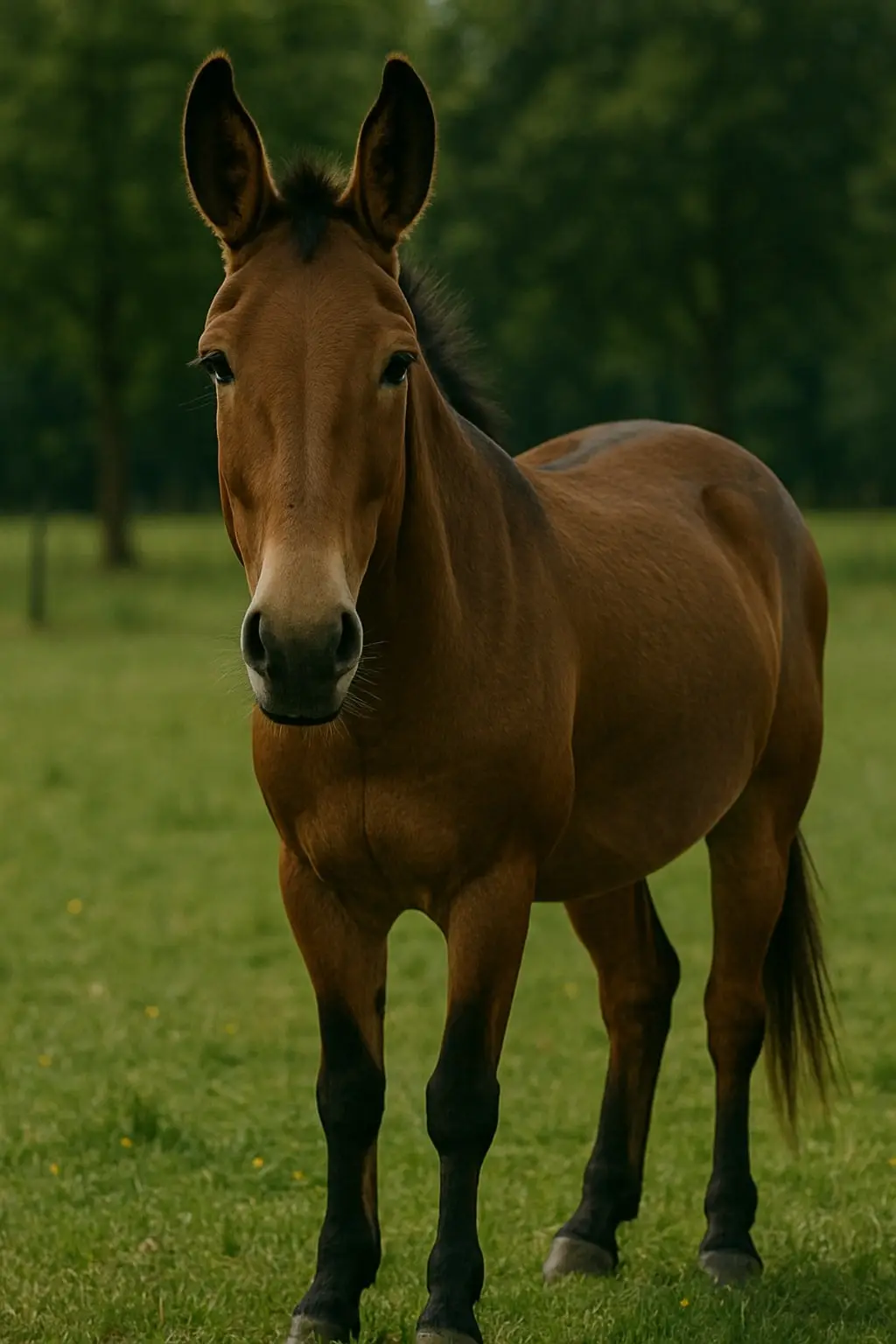
- Parentage: Male donkey (jack) + Female horse (mare)
- Chromosomes: 63
- Fertility: Generally sterile due to uneven chromosome number
Mules inherit desirable traits from both parents, such as the strength of a horse and the endurance of a donkey.
Physical Characteristics
Understanding the physical differences between donkeys, mules, and horses is crucial in the donkey, mule, and horse comparison.
| Feature | Donkey | Mule | Horse |
| Size | Smaller, stocky build | Intermediate size | Larger, muscular build |
| Ears | Long, upright | Longer than horse, shorter than donkey | Short, pointed |
| Tail | Tufted at the end | Similar to horse | Long, flowing |
| Hooves | Small, upright | Harder than horse | Larger, rounded |
| Coat | Short, coarse | Varies; often short | Varies; can be long and silky |
| Mane | Short, upright | Short, upright | Long, flowing |
Donkeys are generally smaller with distinctive long ears and a tufted tail. Mules, being hybrids, exhibit a mix of features from both parents. Horses are larger with a more muscular build and flowing manes and tails.
Behavior and Temperament
The differences between donkey, mule, and horse behavior are notable and essential in understanding their suitability for various tasks.
Donkeys:
- Intelligence: Highly intelligent
- Temperament: Cautious and independent
- Social Behavior: Prefer companionship
Donkeys are known for their cautious nature, which is often mistaken for stubbornness. They are intelligent and form strong bonds with companions.
Mules:
- Intelligence: Very intelligent
- Temperament: Patient and calm
- Social Behavior: Adaptable
Mules inherit intelligence from donkeys and strength from horses. They are known for their patience and calm demeanor.
Horses:
- Intelligence: Intelligent
- Temperament: Sensitive and responsive
- Social Behavior: Herd animals
Horses are social animals that thrive in groups. They are sensitive to their environment and responsive to training.
Uses and Roles
In the donkey vs mule vs horse debate, their uses and roles in human society highlight their unique strengths.
| Animal | Common Uses |
| Donkey | Pack animal, agricultural work, guarding livestock |
| Mule | Transportation, agricultural work, military use |
| Horse | Riding, racing, agricultural work, therapy |
Donkeys are often used in regions with rough terrains due to their sure-footedness. Mules are preferred for tasks requiring endurance and strength. Horses are versatile and used in various activities, from sports to therapy.
Care and Maintenance
Proper care is essential in the horse vs donkey vs mule comparison, as each requires specific attention to health and well-being.
Feeding
- Donkeys: Require high-fiber, low-protein diets.
- Mules: Need less protein than horses; thrive on grass hay.
- Horses: Require balanced diets with adequate protein and energy.
Donkeys and mules are more efficient in digesting food compared to horses. Overfeeding can lead to health issues, especially in donkeys.
Shelter
- Donkeys: Sensitive to wet and cold; need shelter.
- Mules: More resilient but benefit from shelter.
- Horses: Adaptable but require protection in extreme weather.
Providing appropriate shelter ensures the well-being of these animals, especially in adverse weather conditions.
Lifespan and Health
Considering the differences between donkey, mule, and horse, their lifespans and common health issues vary.
| Animal | Average Lifespan | Common Health Issues |
| Donkey | 30-50 years | Obesity, dental problems |
| Mule | 30-40 years | Arthritis, hoof issues |
| Horse | 25-30 years | Colic, laminitis |
Regular veterinary care, proper nutrition, and adequate exercise contribute to the longevity and health of these animals.
Donkey vs Mule vs Horse – Conclusion
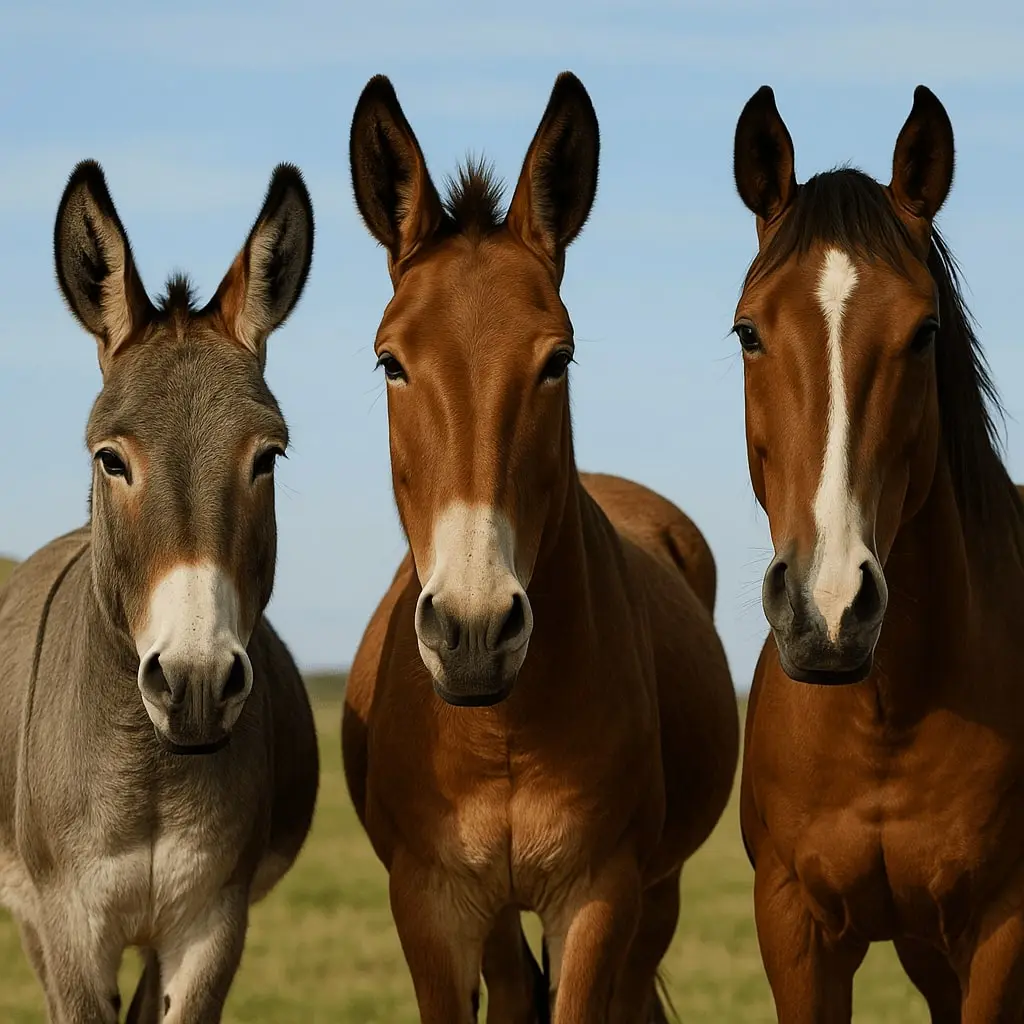
Understanding the differences between donkeys, mules, and horses is crucial for their proper care and utilization. Each has unique characteristics that make them suitable for specific roles. By recognizing their individual needs and traits, we can ensure their well-being and forge stronger bonds with these remarkable animals.
